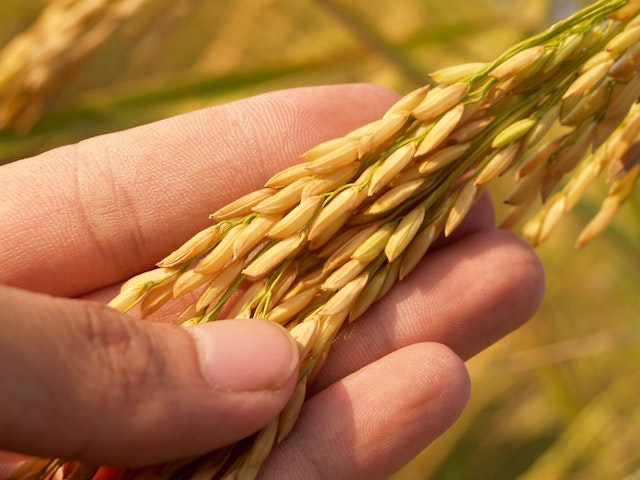On July 20, India banned exports of non-basmati white rice to quell domestic inflation; however, the removal of the food staple's supply from international markets could trigger a global food crisis, reports BBC.
India accounts for roughly 40 percent of the global trade of rice and is its top exporter, next to Thailand, Vietnam, Pakistan, and the U.S. Last year, India exported 22 million tons of rice to 140 countries. Of that, six million tons were Indica white rice, a type of rice that can no longer be exported.
The country's decision to ban select rice imports comes on top of a 20 percent duty on non-basmati rice exports. These regulations have sparked controversy. International Monetary Fund chief economist Pierre-Olivier Gourinchas believes this additional ban can increase global grain prices by up to 15 percent, according to BBC.
Industry stakeholders are worried about the strain the ban can put on the food system.
"These bans hurt the vulnerable people most because they dedicate a larger share of their incomes to buying food," said Shirley Mustafa, a rice market analyst at the UN's Food and Agriculture Organization. "Rising prices could compel them to reduce the quantity of food they consume or switch to alternatives that are not nutritionally good or cut expenses in other basic necessities like housing and food." Full Story
Related: Sugar Shortage Puts Candy Production at Risk; India Bans Rice Exports to Combat Inflation

